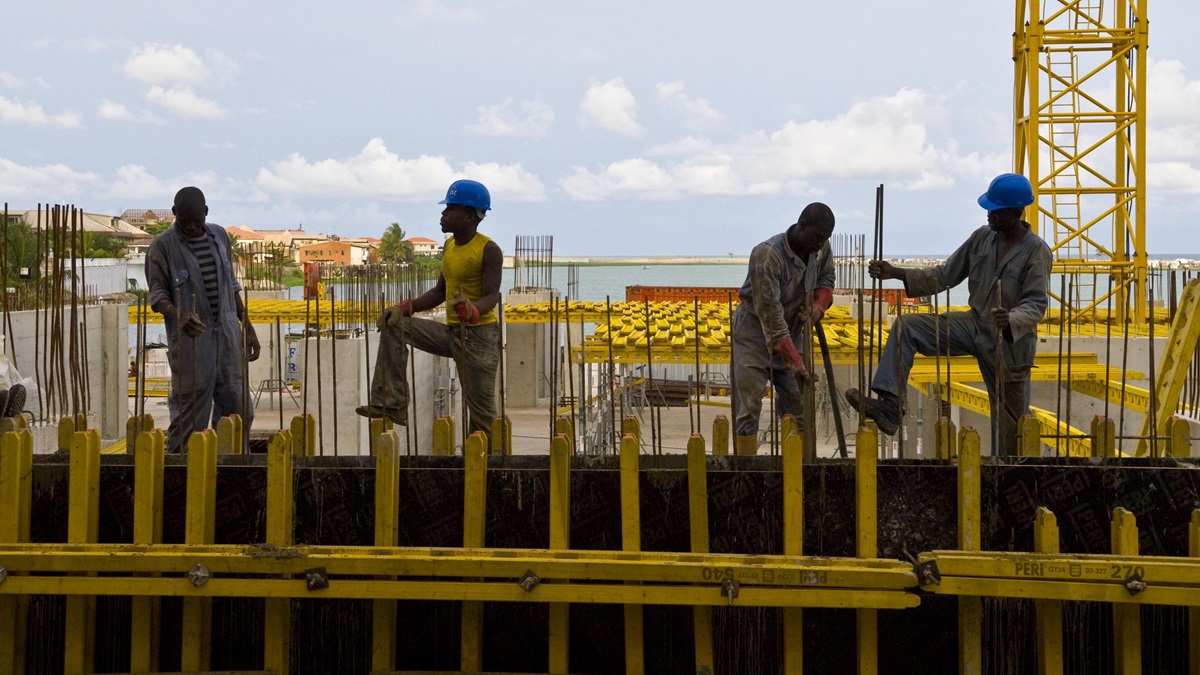A stronger push for sustainable development, coupled with changing geopolitical dynamics, increasingly influences overseas investment policies worldwide, UNCTAD analysis shows.
© World Bank/Arne Hoel | Harnessed strategically, foreign investments can help create jobs, improve infrastructure, and spur economic growth.
Policies to facilitate outward FDI are becoming more widespread, and increasingly include sustainability criteria
Restrictions on outward investment are also on the rise, growing by nearly one third over the past decade
Main factors driving the change include anti-money laundering compliance and national security concerns
UNCTAD’s latest Investment Policy Monitor, published on 29 February, uncovers how policies have evolved globally over the last two decades, when it comes to promoting and regulating outward foreign direct investment (OFDI).
The report shows 79% of developed countries, where OFDI traditionally originated, have introduced promotion initiatives, which are increasingly focused on advancing the Sustainable Development Goals (SDGs).
An increasing number of developing countries are also supporting their firms in investing overseas (14%), in line with their expanding role as sources of FDI.
Based on a review of legislation and promotional strategies in 194 economies, the report spotlights a shift “from liberalization to regulation” in countries’ approach to OFDI amid rising geopolitical tensions.
Over the past decade, restrictions surged across developed and developing ones alike, in part driven by efforts to comply with anti-money laundering standards, as well as national security interests linked to sensitive economic sectors.
Promoting investment where development needs are greatest
OFDI promotion policies, designed to facilitate entities to invest abroad, are sometimes integrated in a country’s broader development assistance strategies.
Such policies can boost international cooperation, while helping domestic firms, particularly small- and medium-sized ones, become more globally competitive.
When determining which projects qualify for OFDI policy support, sustainability criteria – often linked to environmental obligations and corporate social responsibility – are gaining more prominence, particularly among developed countries (39%).
In terms of destination, so far only 23 economies, including 18 developed ones, have adopted OFDI promotion schemes specifically targeting investment in developing nations.
“This highlights an opportunity for countries to expand overseas investments that contribute to sustainable development where it’s needed the most,” the report says.
Navigating new wave of outbound investment regulations
Turning to regulations, the report flags that global OFDI policies could face a turning point, as legal regimes to monitor and screen outbound investment become more widespread.
These include ongoing discussions to adopt and reinforce restrictions – on national security grounds – governing investment flowing from key investor countries in Europe and North America.
While stricter regulations will likely take time to go into effect, their adoption could prompt more economies to follow suit, potentially raising barriers to investment.
“Predictability, transparency and administrative efficiency should be the core principles in guiding the adoption of these schemes,” the report notes.
“The challenge calls for a well-balanced framework that can effectively respond to the potential risks, without unnecessarily limiting OFDI and its benefits for both home and host countries.”

